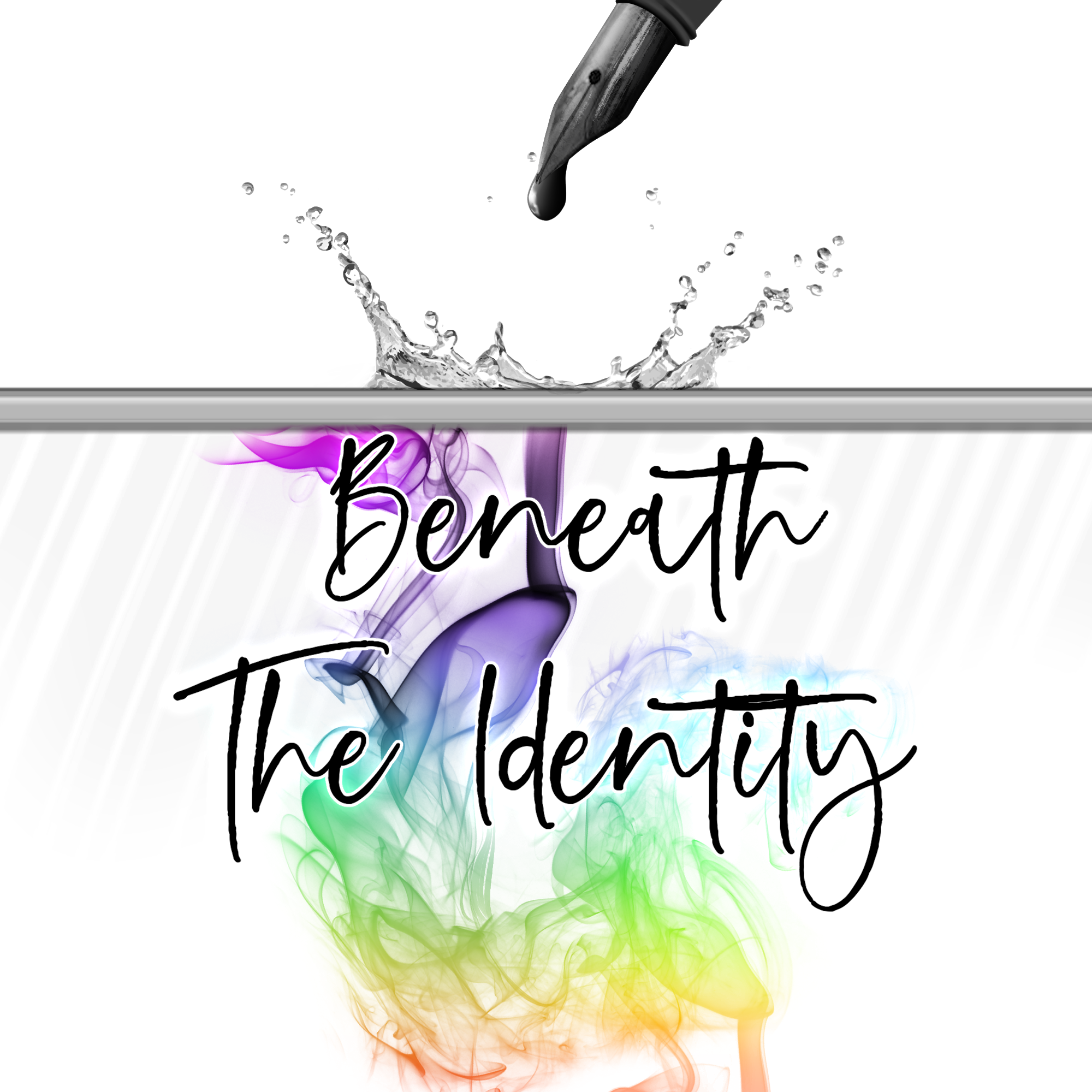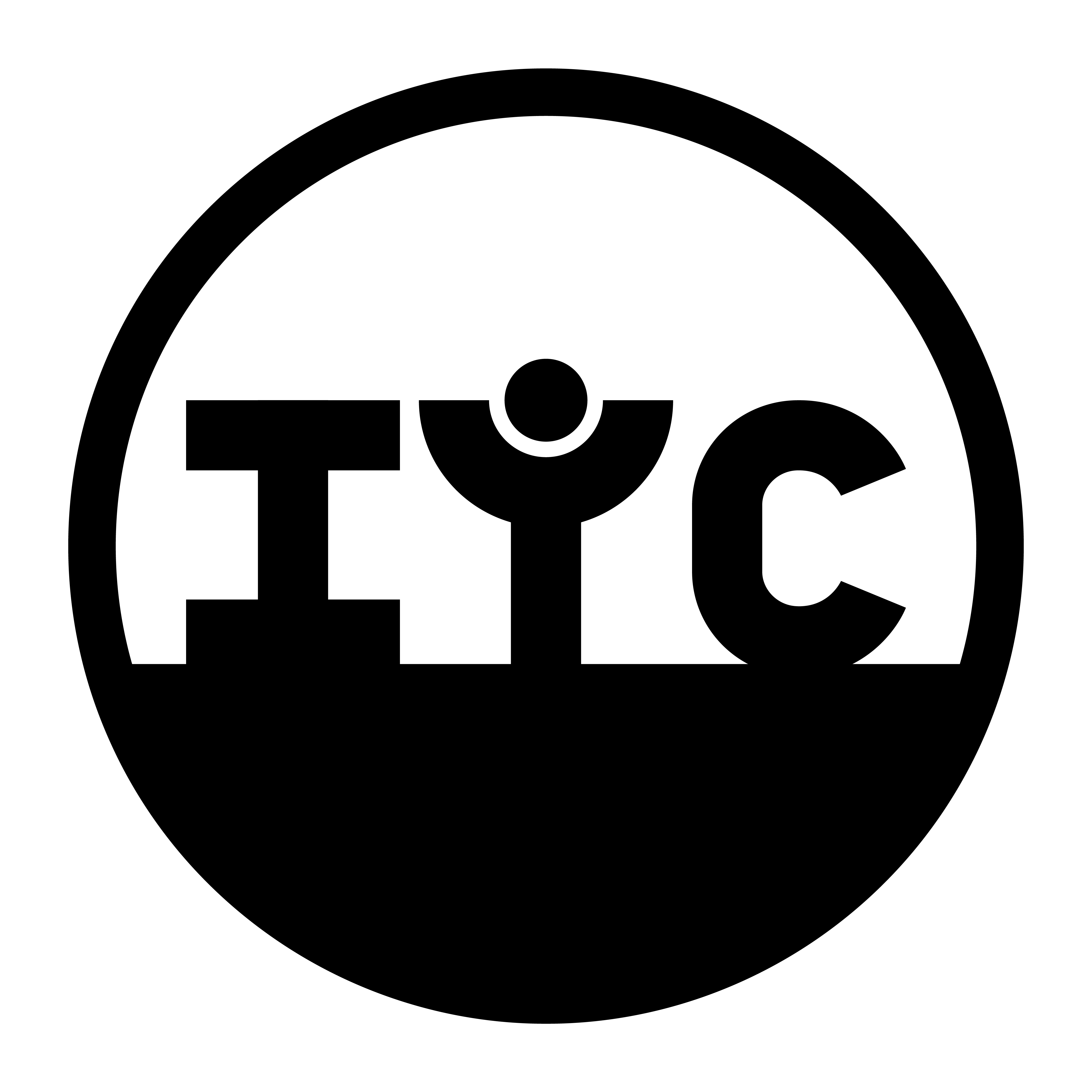Due to a recent trailer, there is talk of the possibility of a lesbian couple in “Finding Dory.” This has gotten a lot of attention lately, and I wanted to take the time to discuss it as well because it is important to talk about.
This speculation about a same-sex couple getting depicted in this movie has been the target of criticism, with one person saying “okay not trying to be mean but this is getting out of hand,” followed by, “I don’t kind [sic] gay people I really don’t but you don’t need to put gay into everything. we don’t put straight in everything,” which have been seen on Twitter and have appeared in several articles discussing the subject (the only reason I’m not adding a link is because of some of the other comments). There are likely more instances of criticism, but these are the ones I’ve seen most often.
In the comment, “okay not trying to be mean but this is getting out of hand,” which is followed by the emoji depicting a person laughing so hard they are crying, there is the presence of the pesky word “but.” As discussed by a fellow blogger, this word can be problematic. Though the situation and context are different, the message is similar: the “but” signifies a contradiction and tells the reader the individual is about to justify why, in this situation, they think being mean is okay. Regardless of if this individual had said “okay not trying to be mean but” or if they had not included this phrase, the message they send is still the same. The presence of the qualifier is just there to make it look, sound, and feel more pleasant.
This comment, and the one following it, have sparked numerous debates across social media. First, we have the “this is getting out of hand” remark, which has been combatted with examples from numerous other animated movies, including “Bee Movie,” in which a relationship, though never explicitly romantic, develops between a human and a bee, and “The Princess and the Frog,” where a romantic relationship develops between a human and a frog. Though there is probably argument against each of these examples, there is definitely argument for them as well. These relationships are not seen to be “out of hand,” where a relationship between two human females is labeled a problem.
To take it further, the next comment furthers the sentiment that this is a problem and says two very critical things:
1. “you don’t need to put gay into everything.”
2. “we don’t put straight in everything.”
Let me start by saying the LGBTQ+ community is very underrepresented in media. More often than not, when there is representation it enforces negative stereotypes about those within the community and further makes LGBTQ+ individuals seem like they are wrong for being different. I get that there are a lot of fan movements right now to increase representation, but that is for the purpose of increasing representation and helping LGBTQ+ youth have characters they can relate to. I think it’s more fair to say that the lack of proper representation is more out of hand than a potential same-sex couple speculated from what maybe totals three seconds.
To say there is no representation for those who are not in the LGBTQ+ community is just outright false. It is so ingrained in us to see cisgender/heterosexual representation that we simply do not think about it anymore. We call it normal and everything different a problem, leading to posts such as this one. If you think I am wrong, here are a few examples of heterosexual representation in movies (note, I am only listing movies here):
As far as gender representation goes, though gender cannot necessarily be visually assigned with any sort of accuracy, we are generally not given any reason to believe anyone depicted in most movies or shows is any gender other than cisgender. Two more current examples where there is representation are:
Despite all of those who seem to have a problem with this potential same-sex representation, there is a lot of support as well. Many people think the representation is important, and personally I agree with them. So far, from what’s seen in the clip, it is entirely possible that there is a same-sex couple in the movie, but it’s also possible there is not. If there is, I think it would be a wonderful thing. There are so many people, younger people especially, who need to see that representation, and need to see it in a non-negative way. Despite the progress we’ve made, the community is still considered lesser in the eyes of many people. Seeing someone similar in a movie or some other form of media is such a positive thing for younger members of the LGBTQ+ community. They will feel less alone and, ultimately, more accepted.
We talk about role models and their importance, and I personally do not think all role models need to be of the same gender, sexual orientation, or romantic orientation as the people looking up to them. However, I also feel that it is very important for that option to be there. If there are only role models who are cisgender, heterosexual, and heteroromantic, this still continues to enforce the idea that straying from this norm is not okay, and that there is no one who has strayed who qualifies as a role model. And this idea is rather ridiculous because there are so many great role models in the LGBTQ+ community who have helped more people than most of them think possible.
If you still think this possible representation in this movie is a problem, and you are one of the people who is not going to see the movie solely because of the possibility of a same-sex couple, I would like to ask you a question. Why is this a problem, but seeing the movie knowing Ellen Degeneres, an openly homosexual woman, voices Dory, the main character of the movie, is not?
Everyone’s identity is valid. No one should feel like their identity is a problem or a burden. But when something as simple as two women standing next to each other with a child can cause people to spread hate, people are going to feel like their identities are a problem, and that is not okay. We should not be enforcing exclusion.

